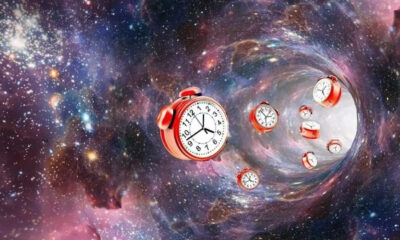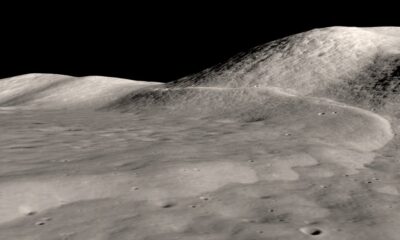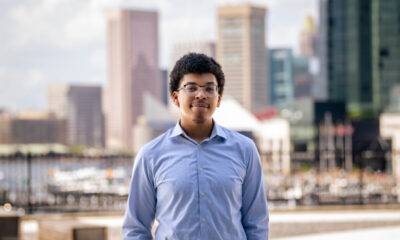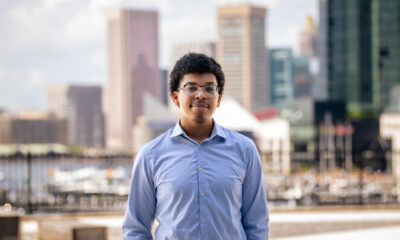Science
Can Time Travel Become Reality? An Astrophysicist Explores the Science
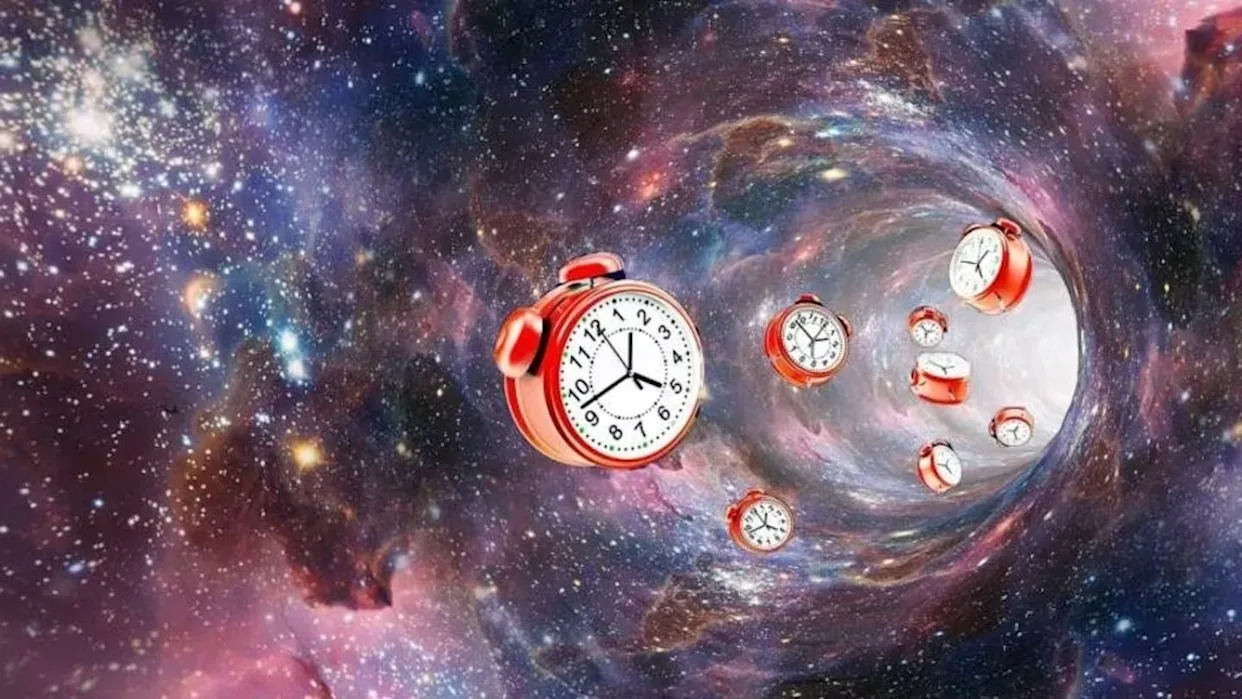
The concept of time travel, a staple of science fiction, raises intriguing questions about its feasibility. According to Adi Foord, an astrophysicist at the University of Maryland, Baltimore County, the scientific community has yet to reach a consensus on whether time travel is possible. The notion of moving between different points in time, similar to how one travels through space, has fascinated humanity for centuries.
Central to the discussion is the second law of thermodynamics, which suggests that the universe tends toward disorder over time. This principle implies that the past cannot be exactly replicated, much like one cannot unscramble eggs once they have been cooked. Essentially, this law indicates that time operates in a linear fashion, advancing only forward.
Einstein’s Theory and the Nature of Time
The view of time as a constant, however, is challenged by Albert Einstein‘s theory of special relativity. This theory posits that time can be experienced differently based on relative speed. For instance, an individual traveling in a spacecraft at nearly the speed of light—approximately 671 million miles per hour—would age more slowly than someone on Earth. Currently, astronauts aboard the International Space Station travel at speeds nearing 17,500 mph. Scott Kelly, who spent 520 days in space, experienced a slight time dilation effect, aging just over 6 minutes less than his twin brother, Mark Kelly.
While this phenomenon demonstrates that time can behave differently under specific conditions, practical time travel remains elusive. Scientists are exploring concepts such as wormholes, theoretical tunnels in space that could connect distant points in time. If one end of a wormhole could be moved close to light speed, the two ends would experience time differently. A person entering the moving end and exiting through the stationary end could theoretically arrive in the past. Nonetheless, the existence of wormholes has yet to be proven, and the challenges of human travel through such a structure remain significant.
Paradoxes and Scientific Exploration
Time travel is not without its complexities and paradoxes. The infamous grandfather paradox questions the implications of altering the past. If a time traveler were to prevent their grandparents from meeting, the traveler could never have existed, leading to a logical inconsistency. Such paradoxes complicate the time travel narrative and add layers of intrigue to its theoretical framework.
Notably, Stephen Hawking once attempted to test the concept of time travel by hosting a dinner party with invitations sent out after the event had occurred, hoping future time travelers would attend. The lack of attendees, as he humorously noted, provides evidence against the possibility of time travel: “The best evidence we have that time travel is not possible, and never will be, is that we have not been invaded by hordes of tourists from the future.”
Interestingly, astrophysicists use powerful telescopes, such as the James Webb Space Telescope, to explore the past. Observing distant galaxies and stars allows scientists to view light that has traveled millions to billions of years to reach Earth, effectively providing a glimpse into the universe’s history. For instance, the James Webb Space Telescope is currently examining galaxies formed shortly after the Big Bang, approximately 13.7 billion years ago.
As scientists continue to investigate the intricacies of time and space, the prospect of time travel remains a captivating topic. While an actual time machine may not be on the horizon, the exploration of these ideas offers insight into our understanding of the universe and the nature of time itself. The fascination with time travel will likely persist in literature and film, igniting the imagination of generations to come.
-

 Technology4 weeks ago
Technology4 weeks agoDiscover the Top 10 Calorie Counting Apps of 2025
-

 Lifestyle1 month ago
Lifestyle1 month agoBelton Family Reunites After Daughter Survives Hill Country Floods
-
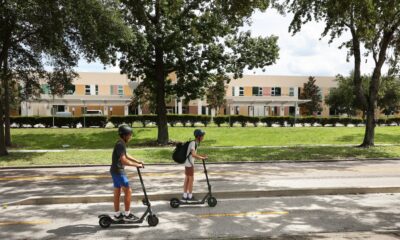
 Education1 month ago
Education1 month agoWinter Park School’s Grade Drops to C, Parents Express Concerns
-

 Technology2 weeks ago
Technology2 weeks agoDiscover How to Reverse Image Search Using ChatGPT Effortlessly
-

 Technology3 weeks ago
Technology3 weeks agoHarmonic Launches AI Chatbot App to Transform Mathematical Reasoning
-

 Technology1 month ago
Technology1 month agoMeta Initiates $60B AI Data Center Expansion, Starting in Ohio
-
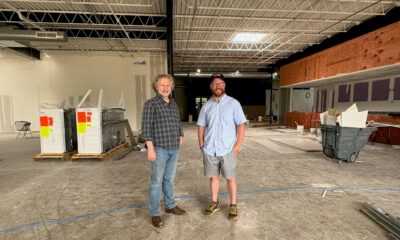
 Lifestyle1 month ago
Lifestyle1 month agoNew Restaurants Transform Minneapolis Dining Scene with Music and Flavor
-
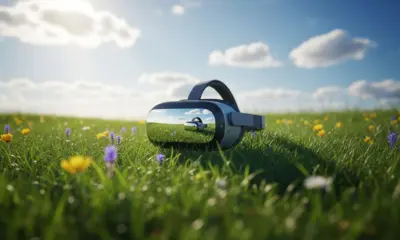
 Technology1 month ago
Technology1 month agoByteDance Ventures into Mixed Reality with New Headset Development
-

 Technology4 weeks ago
Technology4 weeks agoMathieu van der Poel Withdraws from Tour de France Due to Pneumonia
-

 Technology1 month ago
Technology1 month agoRecovering a Suspended TikTok Account: A Step-by-Step Guide
-

 Technology1 month ago
Technology1 month agoGlobal Market for Air Quality Technologies to Hit $419 Billion by 2033
-

 Health1 month ago
Health1 month agoSudden Vision Loss: Warning Signs of Stroke and Dietary Solutions

